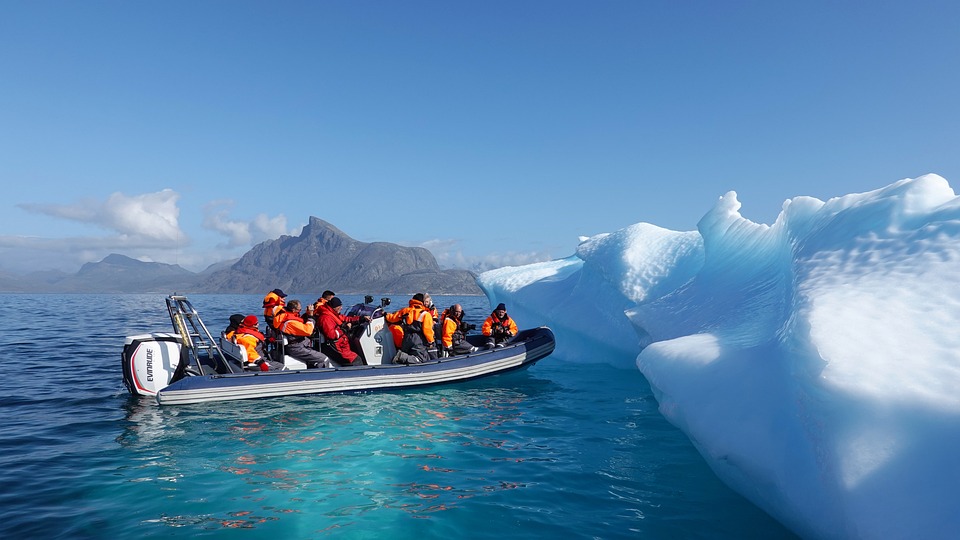A Change Of Climate
Climate change is an environmental issue that affects everyone, everywhere. It is an issue that has been on the public’s mind for years, as it has become increasingly evident that the planet is warming due to human activities. Climate change can be caused by the emission of greenhouse gases, deforestation, and other human activities, and it is having a major impact on the environment and all of its inhabitants.
Effects of Climate Change
The effects of climate change are wide-reaching and can be seen in various aspects of the environment. Some of the most notable effects include rising sea levels, melting glaciers, more frequent and intense storms, droughts, floods, and an overall change in weather patterns. These changes can have a major impact on agricultural production, water resources, coastal areas, and other ecosystems.
What Can We Do?
In order to reduce the impacts of climate change, there are a few things that individuals and communities can do. One of the most important things is to reduce emissions of greenhouse gases, which can be done through the use of renewable energy sources, energy efficiency improvements, and other methods. Additionally, individuals and communities can help to protect and restore ecosystems, such as forests and wetlands, which can play an important role in mitigating climate change.
Conclusion
Climate change is a serious issue that has significant impacts on the environment and all of its inhabitants. It is an issue that requires urgent attention, and individuals and communities should take action to reduce emissions and protect and restore ecosystems. By taking these steps, we can work towards creating a more sustainable future for ourselves and the planet.

Kyle Whyte is a notable scholar and professor at the University of Michigan, holding positions such as the George Willis Pack Professor in the School for Environment and Sustainability and Professor of Philosophy. Specializing in environmental justice, his work critically examines climate policy and Indigenous peoples’ ethics, emphasizing the nexus between cooperative scientific endeavors and Indigenous justice. As an enrolled Citizen Potawatomi Nation member, he brings a vital perspective to his roles as a U.S. Science Envoy and member of the White House Environmental Justice Advisory Council. His influential research is supported by various prestigious organizations including the National Science Foundation, and disseminated through publications in high-impact journals. Kyle actively contributes to global Indigenous research methodologies and education, with affiliations to numerous institutes and societies dedicated to traditional knowledge and sustainability. Recognized for his academic and community engagement, Kyle has earned multiple awards and served in various visiting professorships. His efforts extend to leadership positions on boards and committees focused on environmental justice nationwide.
